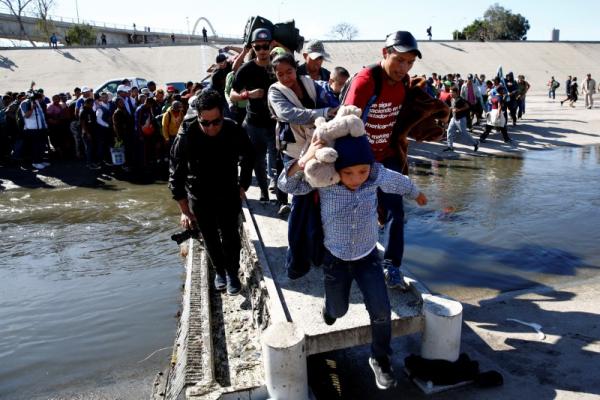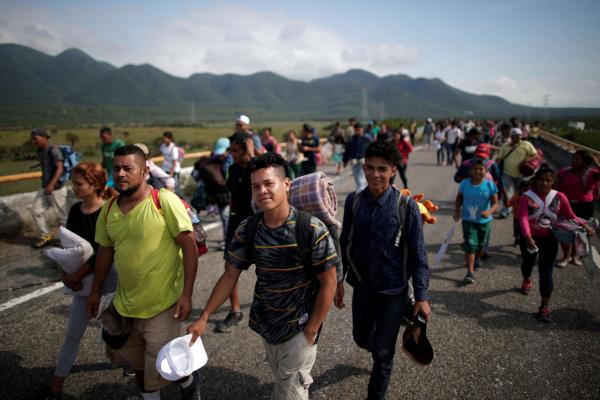On Sunday, U.S. Customs and Border Patrol agents launched tear gas at parents and children seeking asylum. Far from an isolated incident, this is just the latest outrage in ongoing military escalation.
As a religion consisting of millions of voters, venerable institutions, and large organizations, Christianity is often viewed by governments and politicians as a tool to influence and manipulate. Spiritual jargon is used to lobby segments of Christians to support various agendas, often under the pretense of being “Biblical” and “Godly.” This is how faith becomes co-opted to transform into something it was never meant to be: a way to obtain votes, a method for fueling populist rage, or grounds for implementing oppressive social structures.
On November 12, news broke that Christian songwriter Kurt Kaiser had died at 82. His work, which included memorable songs such as “Pass It On” and “Oh How He Loves You And Me,” spanned nearly 50 years. Kaiser’s name appeared on more than 25 albums and he received a lifetime achievement award from the American Society of Composers, Authors, and Publishers for his contribution to Christian music. One of his songs remains one of the most important in my life, some 30 years after first hearing it.
When children scream from tear gas where they’ve been told to wait,
when signs tell families, “Don’t pass!” outside our nation’s gate—
O Lord who welcomed children and loves each little one,
we cry, “Where is compassion?” We pray, “What have we done?”
1. How to Have a Conversation with Your Angry Uncle Over Thanksgiving
Get some practice, via the Angry Uncle Bot, courtesy of New York Times.
2. This Is the Face of the Reconquista
“They are too young to have heard how the words Mexican and American have used against one another. In their lives, they have been combined into one. The contours of their lives cross boundaries. The hard lines of difference and the borders of the past have not formed walls of divisions for them.”
Christians can overemphasize the importance of the Bible and underemphasize the life of Jesus. Thus, when people advocate for Christ-like things like helping immigrants, providing safety for refugees, empowering the oppressed, and loving others as we wish to be loved, Christians passionately refute such things — using the Bible. They spout verses and use pseudo theology to discredit the actions that are the most Christ-like —all under the guise of “Biblical Christianity.”
This Thanksgiving presents some of the most striking contradictions I can remember: The story of the first Thanksgiving, particularly as taught and internalized among many white Americans, is an optimistic story of radical welcome and hospitality. But what that simplistic story painfully leaves out is how quickly Native welcome turned to European conquest, colonization and, yes, the near genocide of America’s Indigenous people.
The first cast in the ochre light of the dawning sun is a morning prayer, filled with hope and faith that ceremonies sought in earnest will feed the soul. I reel dutifully, waiting for a faint tap on the end of my line. My father stands at the front of the boat, scanning for ripples on the water in the low light. “Wachale!” he exclaims in joking Spanglish as he reels in the first largemouth of the day. Two Mexican-Americans bass fishing in Texas. This is the face of the Reconquista.
One of the biggest changes in policy is a new provision that allows for the accused to cross-examine their accuser at a live hearing. It does stipulate that the cross-examination will be carried out by a third party, a lawyer, or advisor.
“Everywhere in Colombia, the whole process of peace and displacement is not in the jungle; it's not on some tables where politicians sit together; it's really in the cities where these communities have to come back together,” said Albert Kreisel, a German architect working on public development initiatives in Moravia.








